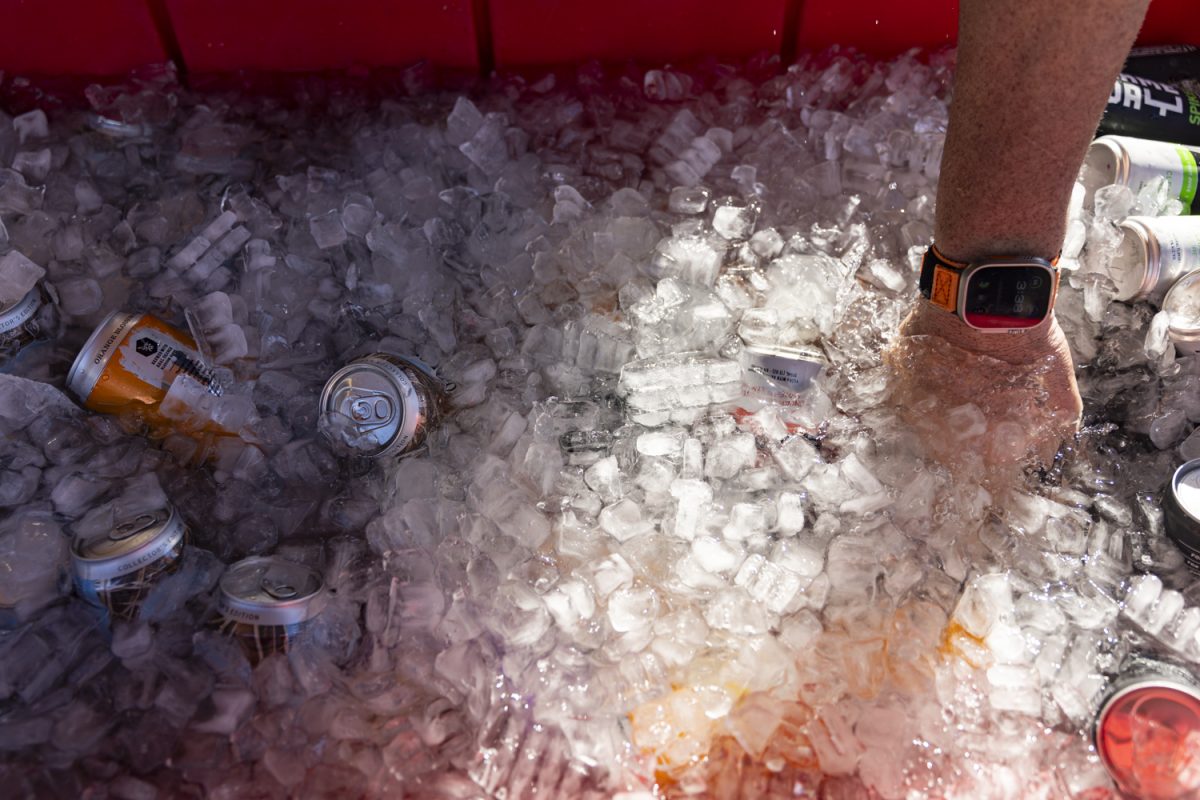The federal legal drinking age in the U.S. used to be 19 years old, but was raised due to public health concerns in 1984.
Nearly 40 years after the change, the U.S. stands out among its western peers because of its high drinking age.
We should take a measured step backward and lower the age back to 19 years old. This amendment would provide economic benefits, follow in the footsteps of many other countries around the world, and give rights back to its adult citizens.
Most European countries, such as France, the United Kingdom, and Germany, have set their legal drinking age at 18 years old. In Canada it is 19 years old, and in Mexico it is 18 years old. Our peers in other western countries are able to drink as soon as they become legal adults.
Why 19 and not 18 years old? Canada has their drinking age set at 19 to help prevent drinking in high school. With this one-year distinction, there would be fewer high schoolers with access to alcohol than if the age was set 18, meaning we can still make an effort to keep alcohol away from children.
Lowering the federal drinking age to 19 would mean that many people under the current legal drinking age of 21 who illegally obtain alcohol will not break the law. Fake IDs are often used to purchase alcohol and to get into bars. Getting caught with a fake ID can lead to a misdemeanor, a heavy fine, and up to one year in jail. Lowering the legal drinking age means that many 19- and 20-year-olds would not be exposed to that risk.
The original justification in raising the age was to reduce drunk driving related accidents. However, lowering the drinking age did not decrease the overall amount of car accidents involving alcohol, as found in a 2009 study. If the intended purpose of the law isn’t working, then all the law is doing is encouraging 19 and 20-year-olds to break it.
There are also potential economic benefits to lowering the age. If the age is lowered, it opens the market to more consumers. In a town like Iowa City, this would likely bring a huge influx in revenue for the many local bars, liquor shops, and restaurants. It would also increase tax revenue to the city which could spend the extra money on public works to the city, allowing it to potentially spend this extra money on public works.
In one study done by the National Youth Rights Association, they found that lowering the drinking age could make up to three billion dollars in revenue because of the increase from taxes and decrease in spending on enforcement of the law.
When the laws were first created, it was to reflect the voting age at the time, which was 21. In the U.S., 18-year-olds are legal adults allowed to vote and enlist in the military, yet they are still not trusted to drink responsibly.
Lowering the drinking age in the U.S. would put the U.S. on par with its international peers. Most countries in the western world agree that 18 to 19-year-olds should be able to drink.
Columns reflect the opinions of the authors and are not necessarily those of the Editorial Board, The Daily Iowan, or other organizations in which the author may be involved.



